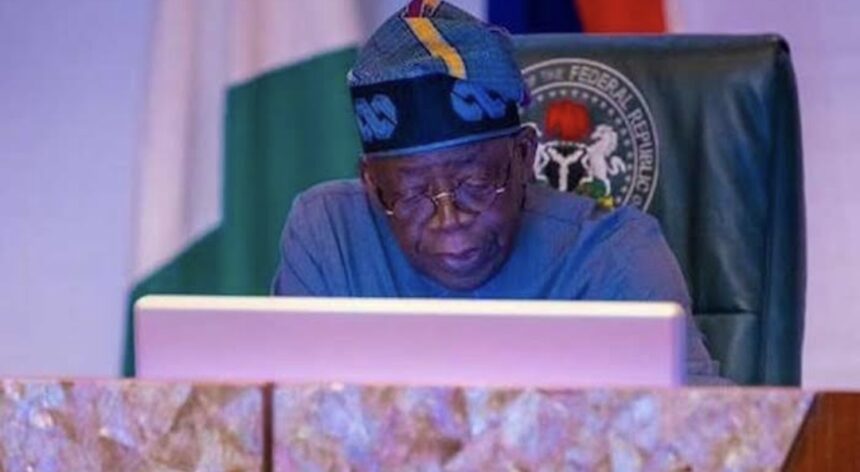The Senior Special Assistant to the President on Media and Publicity, Temitope Ajayi, has defended the recent exercise of presidential pardon approved by President Bola Ahmed Tinubu, describing it as a constitutional and compassionate act that aligns with global democratic practices.
In a statement titled “My Take on the Presidential Pardon,” Ajayi dismissed criticisms suggesting that certain categories of offences should not be subject to presidential clemency, calling such arguments “vacuous virtue signalling.”
He explained that the 1999 Constitution (as amended) empowers the President to grant pardons or exercise the prerogative of mercy without restriction to any crime, noting that those who benefited from the recent pardon either have served or are still serving their prison terms.
“The constitutional provision that gives the President power to exercise the prerogative of mercy does not preclude any crime. It is vacuous virtue signalling to suggest that certain crimes should not be pardoned,” Ajayi said.
He noted that the Presidential Advisory Committee on the Prerogative of Mercy, chaired by the Attorney-General of the Federation and Minister of Justice, Prince Lateef Fagbemi (SAN), included representatives from the Nigerian Correctional Service, National Human Rights Commission, Police, Christian Association of Nigeria (CAN), and the Nigerian Supreme Council for Islamic Affairs (NSCIA), among others.
According to him, the Committee carefully reviewed medical reports, records of good conduct, and appeals from civil society organisations and family members before arriving at the list of 175 convicts and ex-convicts who benefited from the exercise. The final list was later approved by the National Council of State, which comprises all 36 state governors, current and former Chief Justices of Nigeria, the Vice President, Senate President, and Speaker of the House of Representatives.
Ajayi disclosed that some of those pardoned were seriously ill or suffering from terminal conditions, adding that public opinion on presidential pardons is often divided, even in advanced democracies.
He cited examples from the United States, including former Presidents Donald Trump, Joe Biden, Bill Clinton, and Gerald Ford, all of whom granted controversial pardons that stirred national debate.
“In granting the President power to grant pardons, the Constitution does not set any limit or inhibition on the exercise of that power. It is an expansive and open-ended power that covers any kind of offence, whether high or low crime,” he said.
Ajayi further cautioned that the exercise of mercy does not excuse criminal behaviour, stressing that those who commit crimes will still face arrest, prosecution, and punishment according to law.
“The fact that some people are pardoned is not a licence for anyone to go and commit crime. Those who commit crimes will still be arrested, prosecuted, and jailed for their crimes,” he stated.
He also faulted critics who, despite professing religious faith and seeking divine mercy, oppose the extension of clemency to others.
“Many Nigerians who pray to God for mercy and favour would be up in arms against those who found mercy for the crimes they committed,” he added.
Ajayi concluded that the prerogative of mercy is a legitimate component of the justice system, noting that with over 40,000 prisoners in Nigeria, granting pardon to a few inmates neither undermines justice nor erodes public morality.
“That a few found grace and were pardoned does not in any way suggest a mockery of the judicial system. Clemency is an integral part of justice,” he said.

